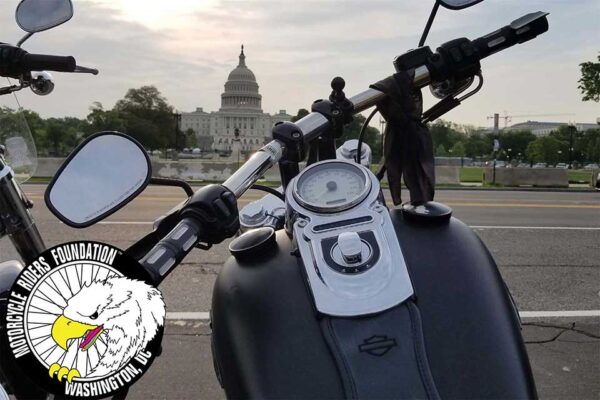Federal Government Finalizes 2021 Crash Data
This month the National Highway Traffic Safety Administration (NHTSA) released its annual report, Traffic Safety Facts 2021: A Compilation of Motor Vehicle Traffic Crash Data. The 225-page report contains information on crash types, causes and participants involved. Remember that while we are nearing the end of 2023, this report is 2021 data. NHTSA spent nearly two years compiling these figures before releasing the report. The data on motorcyclist fatalities is especially troubling. According to the report, in 2021, motorcyclists made up 13.8% of all nationwide traffic fatalities, with 5,932 motorcyclists killed on our nation’s roadways. That is the highest number since data collection began in 1975. In comparison, the pre-Covid year of 2019 saw 5,044 bikers killed. The number of those injured on motorcycles reported in 2021 was 82,686, which is fewer than the all-time high of 104,442 in 2016. This total injury count represents 3.3% of the 2.5 million people injured in all motor vehicle crashes. It is important to note that 2021 showed a substantial increase in motorcycles registered. The data also shows an increase in vehicle miles traveled by bikers. NHTSA data shows 9.8 million registered motorcycles with approximately 19.6 billion miles traveled in 2021. Those increases mean that while the total number of fatalities and injuries went up, fortunately, the rate per 100,000 registered motorcycles went down. Here are other takeaways: Riders accounted for 95% of deaths, while 5% were motorcycle passengers. 57% of fatalities occurred by collision with another vehicle, 26% resulted from a collision with a fixed object, 4% collision with a non-fixed object, while 13% of fatalities occurred without a collision. 34% of fatalities involved a rider impaired by alcohol. That number is in line with the 31% of alcohol-related fatalities nationwide. Riders were wearing helmets in 59% of fatalities, while riders were […]
Federal Government Finalizes 2021 Crash Data Read More »




